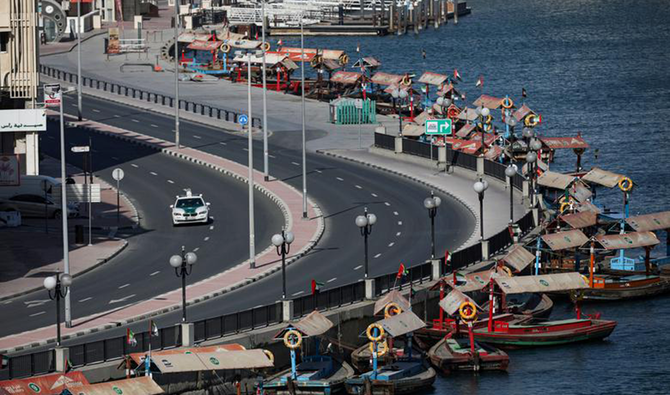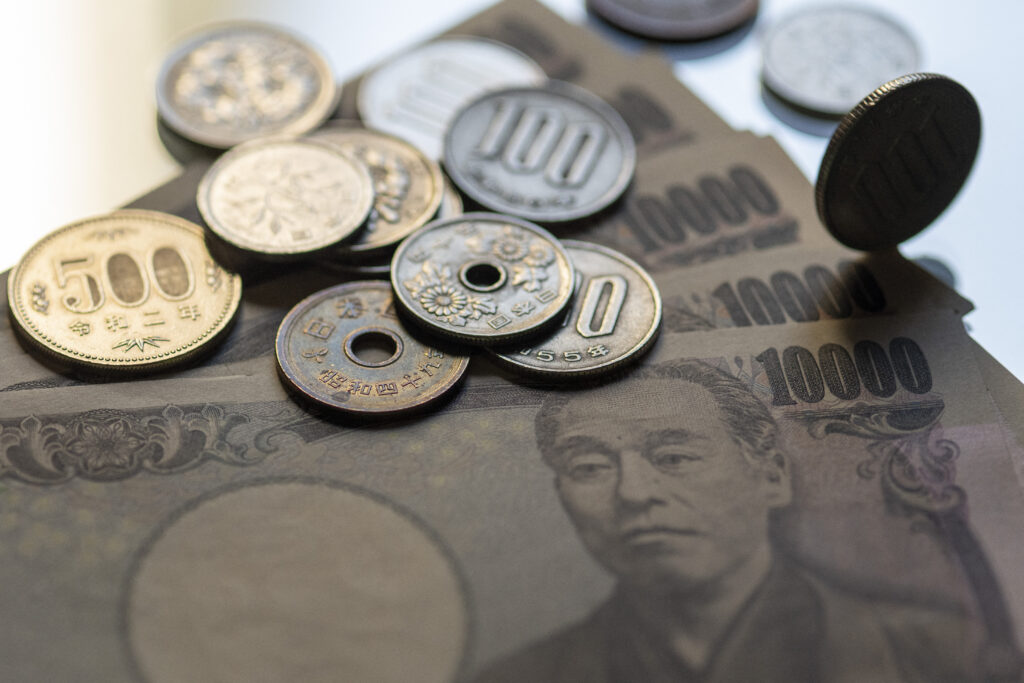DUBAI: The Gulf region is expected to face a difficult recovery from the economic shock of the coronavirus disease (COVID-19) pandemic, but general financial resilience can be expected to mitigate the pain for its major economies.
That was the message from senior analysts at S&P Global, the influential ratings agency, at a webinar presentation in Dubai on Monday.
Trevor Cullinan, director of sovereign ratings, said a “self-starting recovery” from the economic downturn was unlikely, and prospects would largely depend on a recovery in the global economy and world trade, as well as the oil market.
“Structural changes in the oil price have had an effect on government revenues, leading to bigger government deficits and weaker government balance sheets,” Cullinan added.
Most government ratings have been downgraded in recent years as oil declined from historically high levels, but of sovereign ratings in the region only Bahrain and Oman had been classed as non-investment grade.
Cullinan said that he foresaw a “relatively muted improvement in fiscal balances and GDP growth” from the pandemic shock, with oil prices forecast at $50 a barrel for the next two years and only rising to $55 in 2023.
However, the outlook was tempered by the relatively strong position of the banking system in the region, with Saudi banks, in particular, enjoying “pretty decent” growth in the first half of 2020 which is expected to continue for the rest of the year, according to Ben Young, director of financial institutions at S&P.
He said that although there was downward pressure on the banking system, it could absorb another $36 billion of shock before suffering serious damage to its capital bases.






















